A character-driven story is one that centers on the challenges and personal growth of the hero or heroine.
To write a character-driven novel, the writer must understand what makes people, in general, and characters, uniquely, behave as they do.
Before I start a new project, I know my character as I might know a friend. I’ve filled out character questionnaires and studied their personality type. I’ve interviewed them, have visual images of them, and often hear them speaking in my head. No, I’m not crazy because my characters talk to me. I know them well enough to anticipate how a conversation might flow and how they might react in a certain setting or circumstance. I’ve done my research.
Many tools are available to help you create realistic characters.
- We can study books written about developing characters.
- We find help on the Internet and via personality tests. Some authors use the Myers-Briggs personality test to decide how a character might respond. Another psychological formula is the Enneagram of personality. I’m sure you could find others with a web search. These types of tests dig deep into the reactions and actions of people based on their emotional traits. They also help to show how characters will interact with each other.
- Some authors share their tools for character development. I use some of author Kathy Carmichael’s website tools to assist with novel and character development. Colleen Coble handed out lists of character traits and questions for character interviews at a writers’ conference and granted me permission to use them for teaching. I appreciate their assistance.
Dig into the sources you find. Use a wide range of tools to create unforgettable characters and story worlds.
Keep a file folder or create a computer file where you can save forms or articles you’ve found helpful. Bookmark websites you may want to return to. If your computer features My Notebook or OneNote, explore ways to use those features to keep track of research notes.
Whether you write historical, contemporary, or sci-fi, you’ll need to study your characters to make them complex and believable.
Exercise:
- Start a file of information on one or more characters that interest you.
- As you become acquainted with your character, imagine how they would talk. How do their voice, dialect, or speech patterns reveal their personality?
- Select two characters with very different personalities or cultures. In your mind, throw them into the same situation. How do their differences show in their reactions?
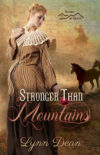
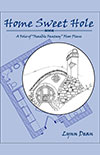


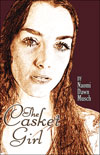
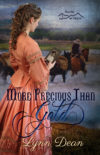
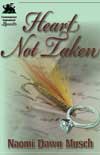

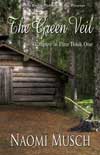

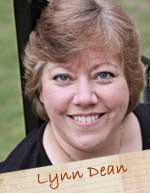


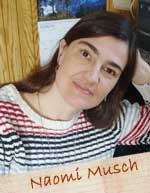


Speak Your Mind
You must be logged in to post a comment.